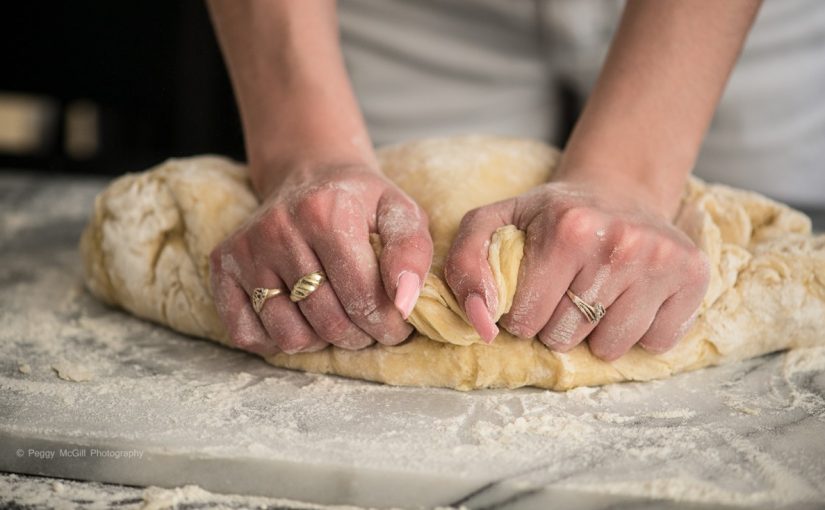Triggering Passage:
“It is not enough, in other words, to create a rigid boundary between what goes into the body and what stays out. America had become too immersed, both in its commercial appetites and its imperial desires, in the business of the rest of the world; similarly, the body and the home are also immersed in the outside world, with all its attendant delights and anxieties. The boundaries that were meant to contain the body, the home, and the nation are thus far more permeable in Alocat’s work. The consumption of the exotic items and profit from overseas trade and the emergent forms of female independence – including interracial marriage – that are predicted on more porous boundaries are only some of the new possibilities that she imagines for her protagonists.” (Tompkins, 144)
News Media Context:
“What Is A Woman’s Role According To A Man?”
“Patriarchy operationalises power through the entrenched notion that women are not just different, but also subservient – and therefore, their spheres of work (‘care work’ and household chores) is naturally inferior to a man’s work out in the world. The notion of ‘honour’ embodied in the person of a woman becomes the logic of limiting women’s mobility, their education, and indeed, their aspirations.‘Honour’, as Jacqueline Rose puts it, is embodied in women, but is the property of men. Therefore, it serves as the perfect tool to rob women of their agency over their own bodies. This honour is damaged by others’ (men’s) actions – and the only way to protect it is to make themselves inaccessible – through veiling, through being confined, through having all sorts of limitations imposed on them, and in turn, self-imposition.”
www.youthkiawaaz.com/2017/01/act-like-a-man-act-like-a-woman-roles-defined-by-gender
Response:
Chapter 5 of Tompkins’ Racial Indigestion explores how the domestic role can be navigated as a place of liberation in a way that disrupts patriarchal frameworks but is still submissive to the overarching power structures. Tompkins demonstrates to the reader how domesticity is a prison that simultaneously opposes oppressive regimes through the molding, or “kneading”, of identity. Although those in the domestic roles have the ability to establish their own rules, allowing for a redistribution of power, these ideas are shaped by dominant imperialist patriarchal frameworks. The two texts that Thompkins references, Eight Cousins and Rose in Bloom by Louisa May Alcott, suggest that those in subservient positions are allowed to make their own decisions, but only when given the proper support from those of a higher positioning within social classes. The individual identities of those who navigate subservient roles are at the mercy of those in the ruling class and are characterized by stereotyped personality traits and appearance. Through this mode of gendering and racializing domesticity, it allows for those belonging to the upper class white heterosexual male identity to view others in a way that is more palatable or more easily digestible. Although given wiggle room to move beyond enslavement, those who inhabit bodies that challenge imperial identities operate to appease the colonial power structures governed by a white upper class in order to twist a narrative that seeks to dehumanize and repress cultural differences.
Works Cited:
Voices, Video Volunteers Empowering Community. “What Is A Woman’s Role According To A Man?” Youth Ki Awaaz, January 31, 2017. https://www.youthkiawaaz.com/2017/01/act-like-a-man-act-like-a-woman-roles-defined-by-gender/.
Tompkins, Kyla Wazana. Racial Indigestion: Eating Bodies in the 19th Century. New York: NYU Press, 2012.
